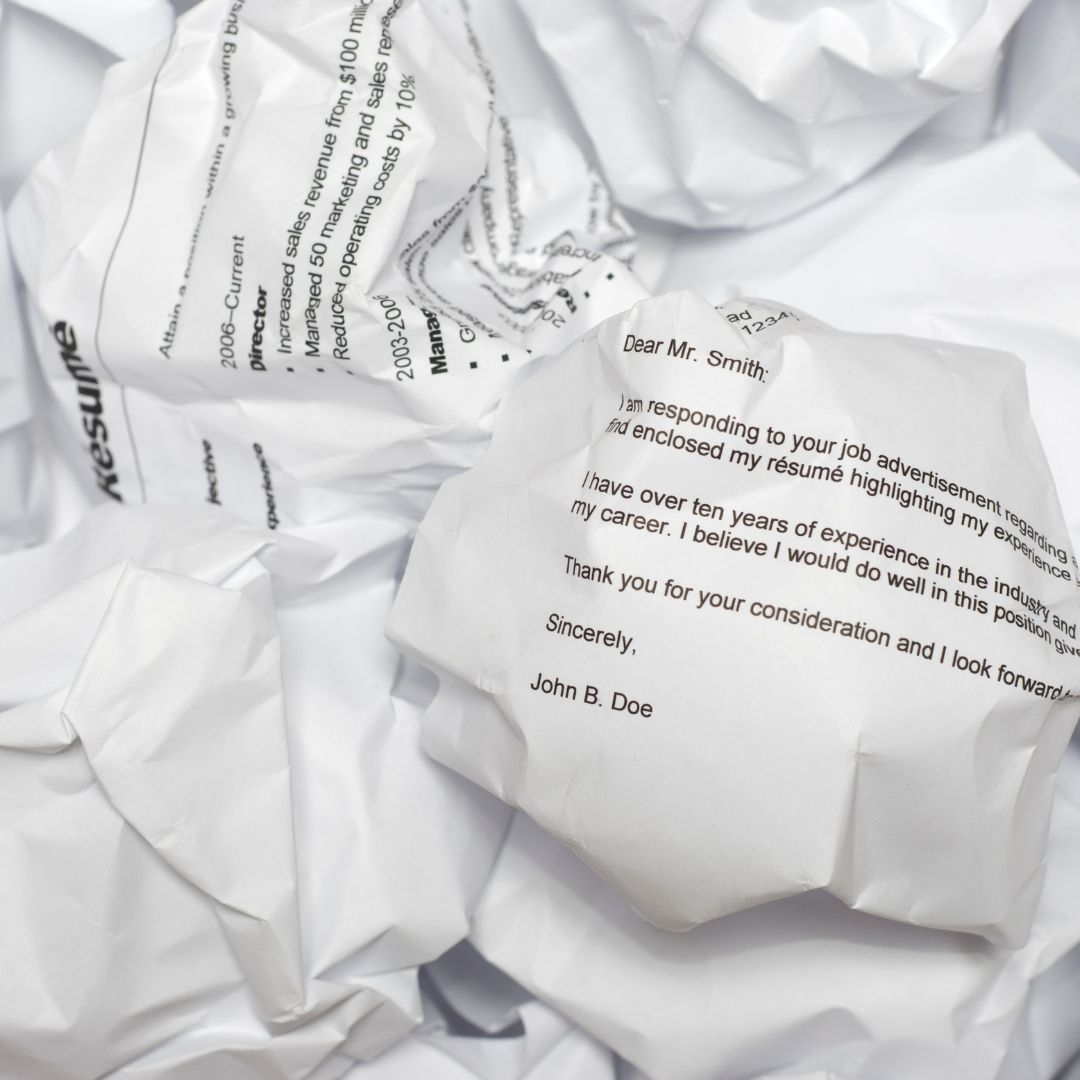How to Write a Cover Letter & When to Use a Cover Letter Template

A well-written cover letter can be the key to landing an interview. Employers often use cover letters to evaluate your communication skills, attention to detail, and understanding of the role you’re applying for. Whether you’re using a cover letter template or crafting one from scratch, it’s essential to know what employers are looking for. Here's a breakdown of the key elements that can help your cover letter stand out.
Tailor Your Cover Letter to the Job Role
One of the most important factors employers consider is how relevant your cover letter is to the specific job. A generic cover letter won’t impress. To stand out, make sure your cover letter is tailored by:
- Mentioning the specific job title.
- Referring to the company’s values or recent achievements.
- Highlighting skills that match the job description.
Example: "I was excited to see the Office Administrator role at your company. Your focus on customer service aligns with my five years of experience managing office operations and client communications."
Showcase Relevant Skills and Achievements in Your Cover Letter
Employers want to see how your experience can benefit their company. Rather than listing skills, give concrete examples of achievements relevant to the job. Focus on:
- Relevant experience: Show how your past roles relate to the current position.
- Measurable achievements: Use data to quantify your success.
Example: "In my previous role as an Administrative Assistant, I noticed recurring errors in scheduling meetings. By creating a shared calendar for the team, I reduced scheduling conflicts by 25%, leading to smoother operations."
Show Enthusiasm for the Role in Your Cover Letter
Hiring managers appreciate candidates who express genuine interest in the role and company. To demonstrate enthusiasm, you can:
- Express why you’re excited about the position.
- Mention the company’s mission or achievements you’ve seen on their website or social media.
Example: "I’m particularly drawn to your company’s focus on innovation and customer service, which inspires me to bring my organisational skills and passion for client support."
Maintain a Professional Tone in Your Cover Letter
Your cover letter should maintain a professional tone while also being clear and concise. Employers expect:
- Proper formatting: Keep it to one page with short, clear paragraphs.
- No mistakes: Proofread carefully for errors.
- Polite and confident tone: Be formal yet approachable.
Explain Why You’re the Right Fit for the Job
Employers want to know why you’re the best candidate. Use your cover letter to connect your skills to the company’s needs. Reference the job description and align your skills with it.
Example: "With my background in office management and client support, I’m confident I can help streamline operations and contribute to your team’s success."
The Benefits and Risks of Using Cover Letter Templates
Using a cover letter template can help you organise your thoughts and structure your letter. However, the danger lies in using a generic format that doesn’t feel personal or tailored to the specific role. Templates are a great starting point, but always customise them to reflect your own voice and the needs of the employer.
End Your Cover Letter with a Clear Call to Action
Close your cover letter with a confident request for an interview. Show your eagerness to discuss your application further.
Example: "I would love the opportunity to discuss how my skills and experience can benefit your company. I look forward to hearing from you and am available for an interview at your convenience."
Final Thoughts on How to Write a Cover Letter
Writing an effective cover letter requires tailoring it to the role, showcasing relevant skills, and expressing genuine enthusiasm. If you’re using a cover letter template, personalise it to reflect your qualifications and align with the company’s needs.
By following these steps, you can create a compelling cover letter that grabs employers' attention and increases your chances of landing an interview.
With your cover letter polished, you're ready to apply and impress potential employers. For more guidance, check out our article on CV Preparation and the essential tips for Interview Success. If you need further assistance, our recruiters are here to help. Contact us at jobs@kpir.co.uk to learn how to register with KPI, explore job opportunities, and receive expert advice to land your next role.
Related Articles:
Mastering your interview with the 5C’s
Tips for writing a good CV
CV writing tips: Help to get hired
What information to include when writing my CV
5 Quick tips to achieve a standout CV
10 Most disastrous interview questions witnessed by KPI Recruiting employees
Avoiding the 10 most common interview mistakes

